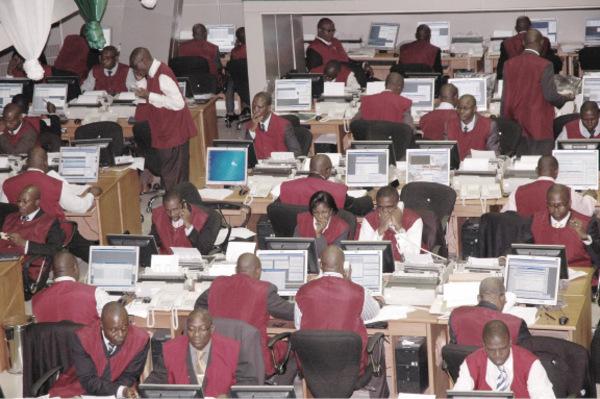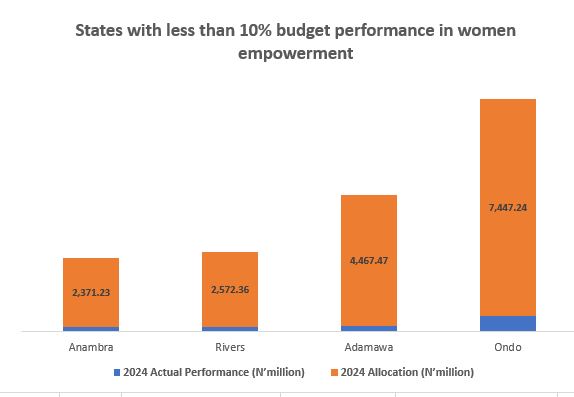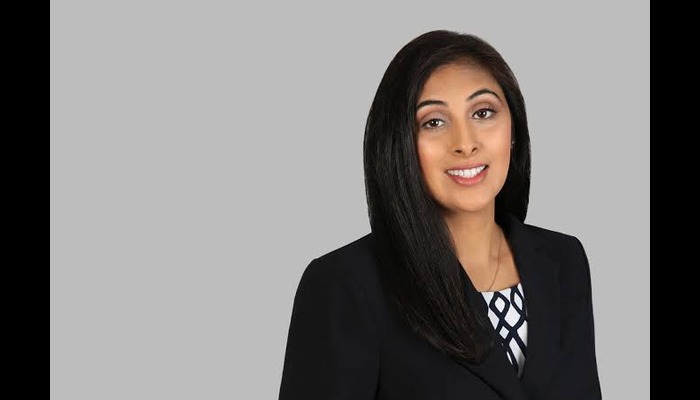A big boost in liquidity and trading volumes is expected as West African capital markets ŌĆō comprising the Nigerian Stock Exchange (NSE), Ghana Stock Exchange (GSE) and the Cote dŌĆÖIvoire Bourse Regionale des Valeurs Mobilieres (BRVM) ŌĆō move closer to integration.
With this development, companies and investors in Nigeria can, through a licensed issuing house or broker-dealer, raise money for trade in stocks and bonds listed in Ghana or the BVRM.
Ahead of the first cross-border trades across the region set to begin in six months, Arunma Oteh, director-general, Securities and Exchange Commission (SEC), said yesterday at BusinessDayŌĆÖs 4th annual capital markets conference that ŌĆ£integration of our capital markets will bring about formidable benefits, and help increase the breadth and depth of markets across our regionŌĆØ.
ŌĆ£However, our approach to integration must rely on best practices. It will usher in product innovation; while an integrated capital market is critical to enable our region tackle the challenges of inclusive growth,ŌĆØ Oteh said at the conference with the theme ŌĆśWest African Capital Market Integration: Challenges and Opportunities for Nigerian BusinessesŌĆÖ.
As at last year, 190 listed equities on the NSE were valued at $82 billion, 34 companies on the GSE were valued at $26 billion, while 72 companies on the BVRM were valued at $12 billion. Collectively, about 297 operating companies listed on stock exchanges across West Africa were valued at $120 billion.
ŌĆ£The good news is that this market integration has commenced and we can celebrate major achievements. It is already producing results,ŌĆØ said Albert Okumagba, president/chairman in council, Chartered Institute of Stockbrokers.
ŌĆ£The integration cuts across regulators, stock exchanges and market operators. It offers wider market access and product diversification. We are going to see considerable growth in per-capita incomes in the region when the markets are fully integrated,ŌĆØ he said.
Okumagba believes that the overall role of stakeholders in the market is to ensure the development of a smooth-functioning, efficient and well-regulated capital market in West Africa. The bulk of this role falls within the Nigerian market, which is the largest in the region compared with other markets.
Integration will bring about a wider market and diversification across West African countries, said Ekow Afedzie, deputy managing director, GSE.
ŌĆ£Without Nigeria, there will be no capital markets integration,ŌĆØ Afedzie added.
Joe Mekiliuwa, acting MD of the Central Securities Clearing System (CSCS), said stock trades across the West African region should be formalised.
Bola Onadele, managing director, FMDQ plc, said integration would provide tremendous opportunity for the Nigerian bond market, adding, ŌĆ£The FMDQ currently trades $120 million daily, and we see this volume rising with the opportunity provided by integration.ŌĆØ
Trading time in the new market is expected to be harmonised for six hours per day and the market will allow securities trading to be done in the local currencies of member countries and also in their local languages.
The securities clearing and settlement time to be adopted are T + 3 for equities and T + 2 for fixed income.
Emeka Madubuike, president, Association of Stock Broking Houses, said the sponsored assets/securities in market integration would be beneficial to parties involved.
ŌĆ£As registrars of NigeriaŌĆÖs capital markets, we are fully in support,ŌĆØ said Bayo Olugbemi, president, Institute of Capital Market Registrars.
The process for integrating the regionŌĆÖs capital market started in 2010 with the signing of a Memorandum of Understanding (MoU) by the stock exchanges and the regulatory authorities in the region to deepen cooperation, promote mutual assistance, and facilitate the exchange of information and consultation among West African countries.
The West African Capital Markets Integration Council (WACMIC), which was inaugurated as the governing body for the integration of West African capital markets, comprises chief executives of the West African regionŌĆÖs securities and exchange commissions, and securities exchanges.
IHEANYI NWACHUKWU, PATRICK ATUANYA, ┬ĀBALA AUGIE & ┬ĀHOPE MOSES-ASHIKE










